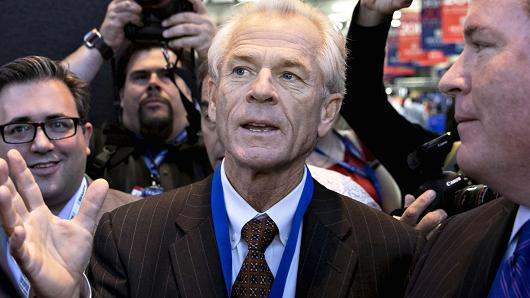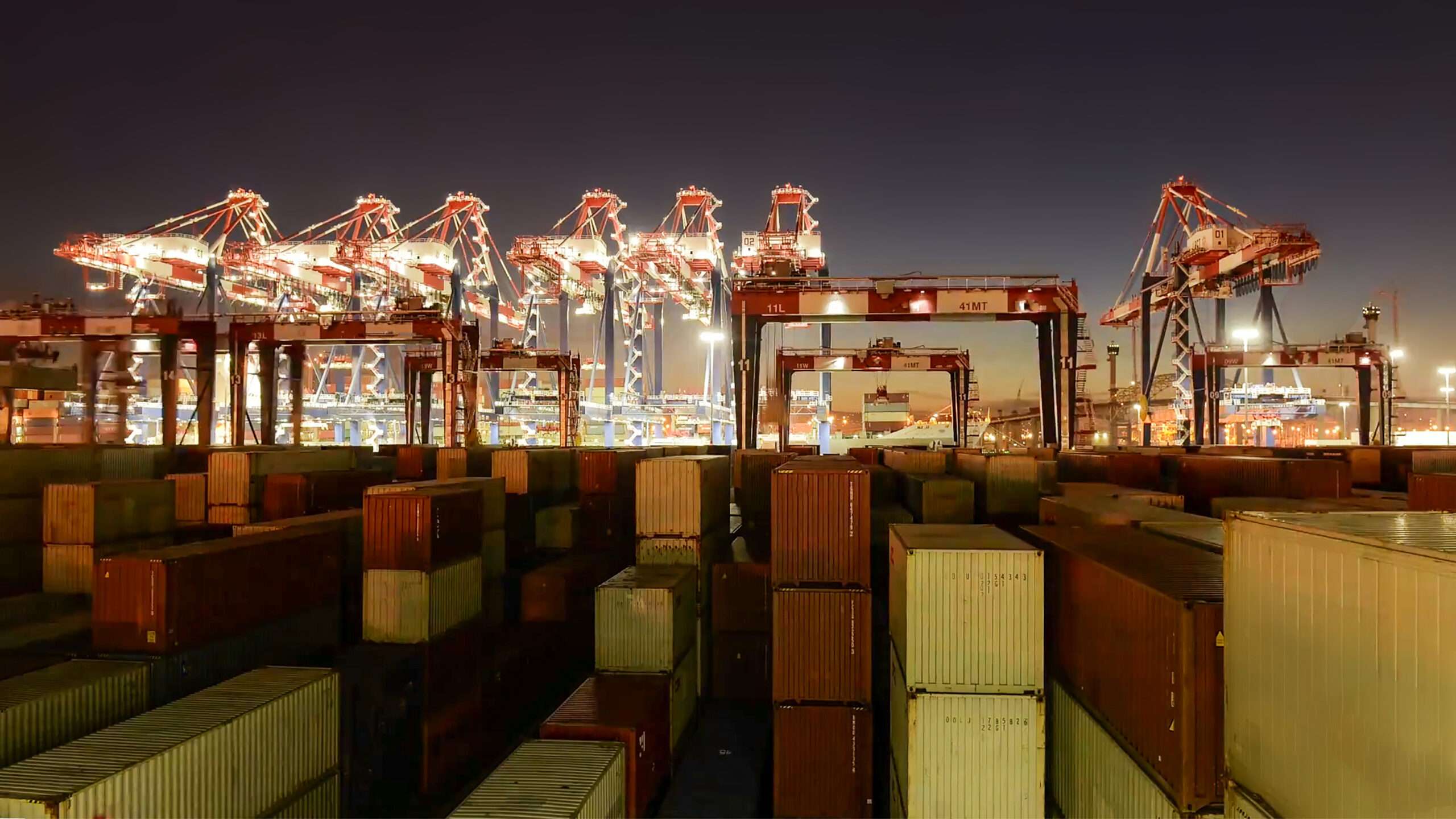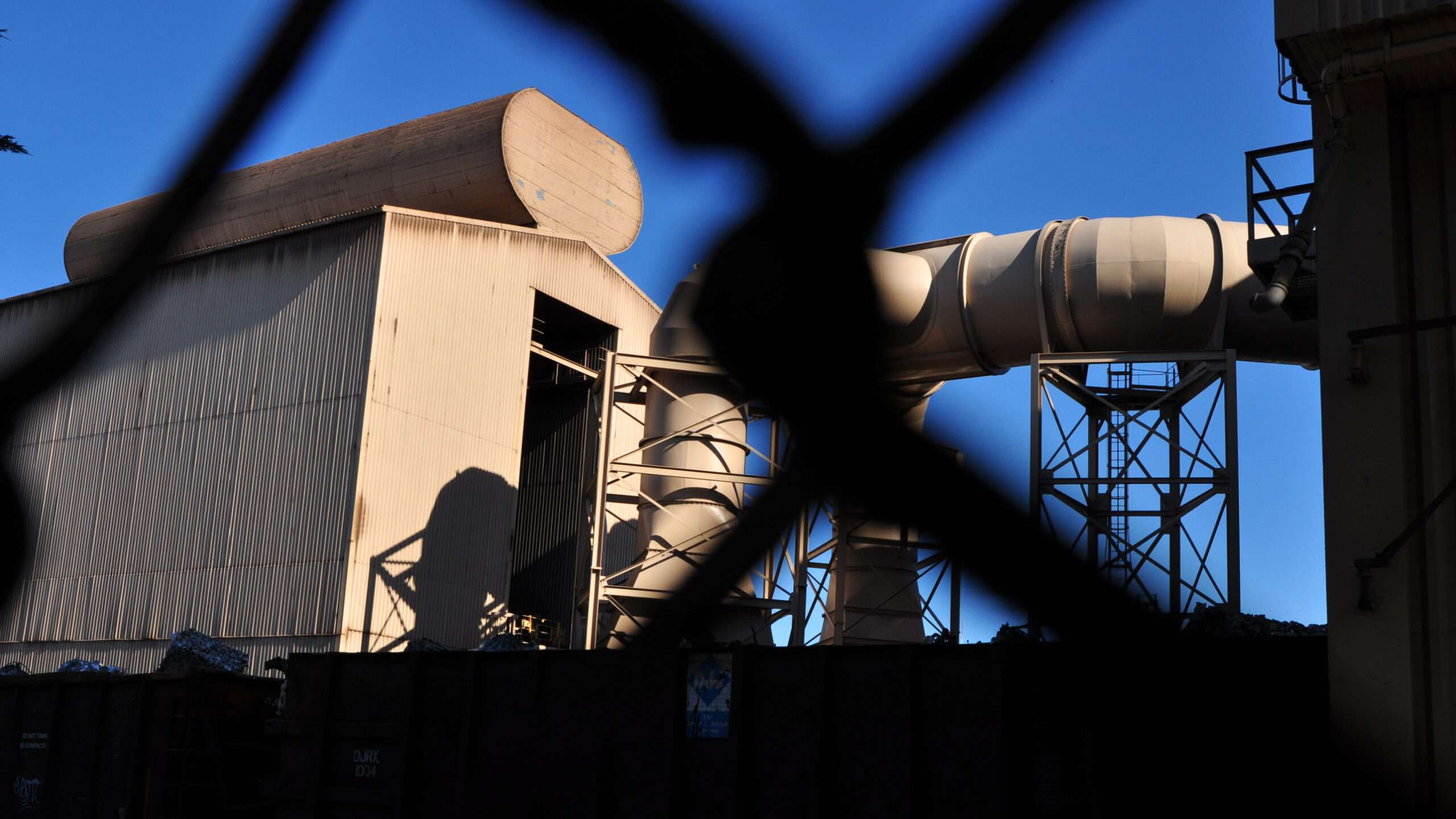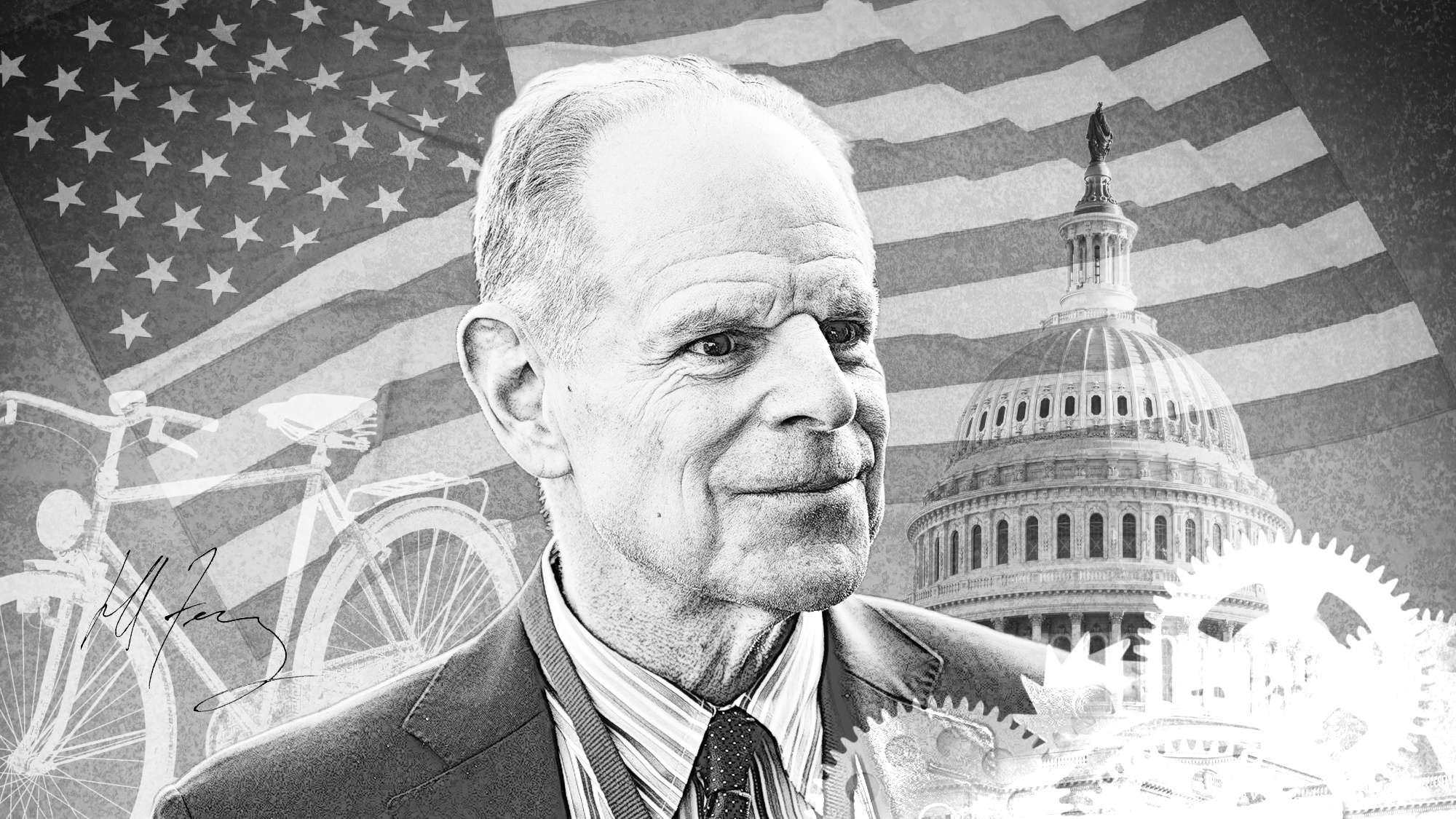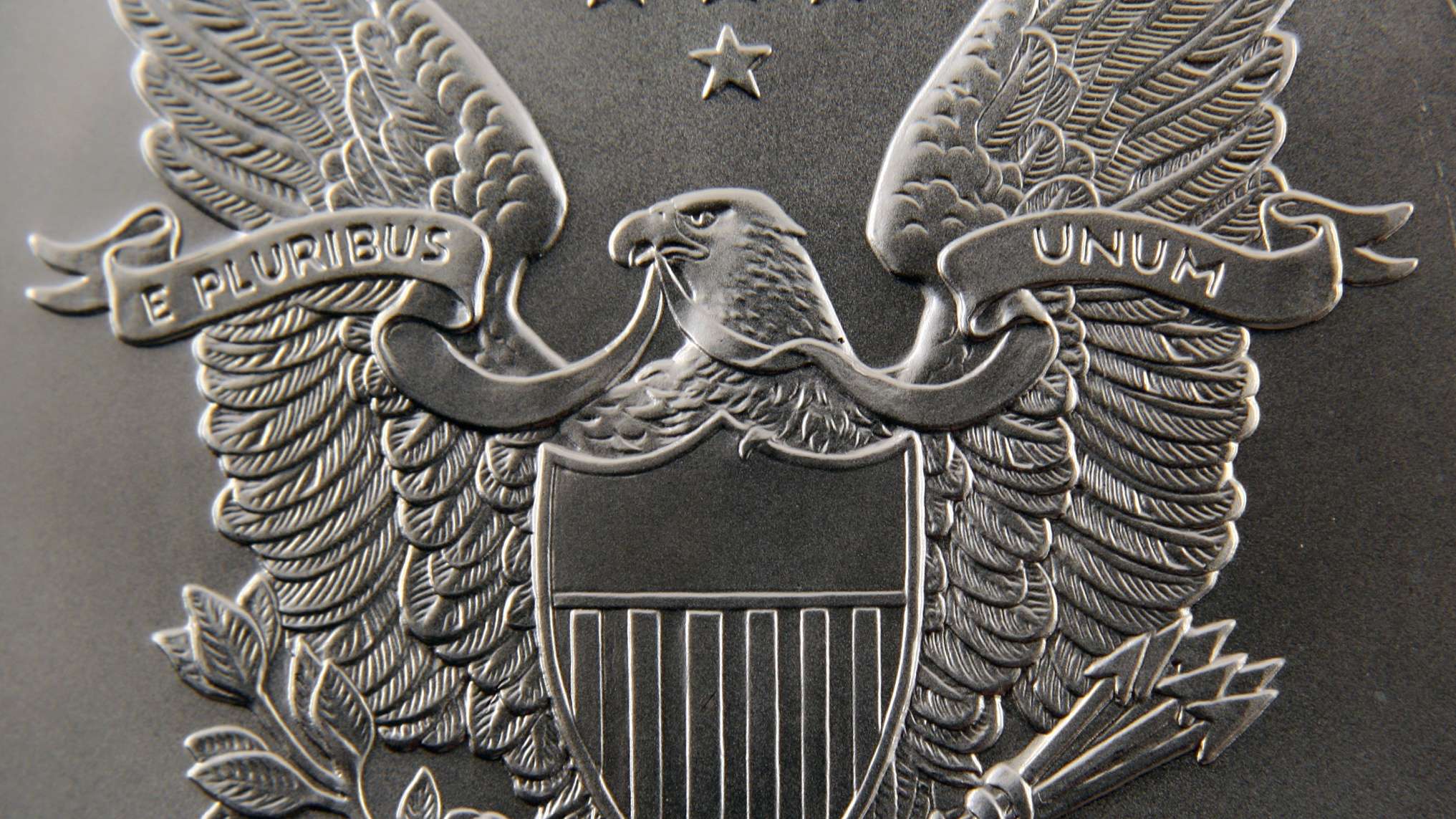White House trade adviser Peter Navarro, who was sidelined last year after repeatedly clashing with President Donald Trump’s more moderate advisers, could soon be granted a title change that would give him more direct influence over the administration’s trade agenda, according to three people familiar with the issue.
[ANDREW RESTUCCIA | February 26, 2018 | Politico]
White House chief of staff John Kelly in September folded Navarro’s Office of Trade and Manufacturing Policy into the National Economic Council, mandating that Navarro report to NEC Director Gary Cohn. The move kept Navarro out of some high-level meetings of principles on trade, and forced him to work under Cohn, with whom he has loudly disagreed in closed-door trade discussions at the White House in recent months.
Now, White House aides are strongly considering promoting Navarro to assistant to the president for trade policy, according to the people. The new title would ensure that he has a seat at the table at a pivotal moment for trade, and it would grant him access to the daily senior staff meeting.
One administration official said Trump, who likes Navarro and regularly inquires why he isn’t in key meetings, ordered the change. Another person familiar with the issue said the move hasn’t yet been finalized, but that Kelly has agreed to implement it.
Navarro did not respond to requests for comment, and a White House spokeswoman declined to comment. Inside U.S. Trade, a trade publication, first reported the news of Navarro’s title change.
The pending change comes as the administration is preparing to impose new tariffs on steel and aluminum imports after a pair of Commerce Department reports found that the imports threaten U.S. national security. Among the recommendations in the Commerce reports: a 24 percent tariff on all steel imports and a blanket 7.7 percent tariff on aluminum imports.
The White House is expected to announced its decision soon, and Trump himself is said to favor the steep tariffs recommended by the Commerce Department. But administration officials said no final decisions have been made.
Navarro is perhaps the most vocal trade hawk in the Trump administration. A fierce critic of China, he has encouraged the president to carry out his campaign promises and take aggressive action on trade.
“The change in [Navarro’s] stature is a sign that the promises the president made on trade and manufacturing are more likely to be implemented,” said Mike Wessel, who knows Navarro and is a longtime commissioner on the U.S.-China Economic and Security Review Commission, a watchdog panel set up by Congress in 2000.
Trade has been one of the most divisive policy issues within the administration. For months, senior Trump aides and Cabinet secretaries have been meeting behind closed doors to reach a consensus on everything from China’s alleged intellectual property theft to tariffs on solar panels.
The departure of White House staff secretary Rob Porter, who was the administration’s lead trade policy coordinator, amid domestic abuse allegations has further complicated the trade debate. Porter organized weekly trade meetings at the White House, and his absence has given advisers more opportunities to make their case directly to the president.
Administration officials remains deeply divided over exactly what Trump should decide on the aluminum and steel tariffs. Cohn, national security adviser H.R. McMaster and Secretary of State Rex Tillerson have all expressed concerns about steep tariffs, according to an administration official.
Defense Secretary James Mattis has also raised red flags about some of the Commerce Department’s recommendations. “DOD continues to be concerned about the negative impact on our key allies regarding the recommended options within the report,” Mattis said in a memo released Thursday night.



